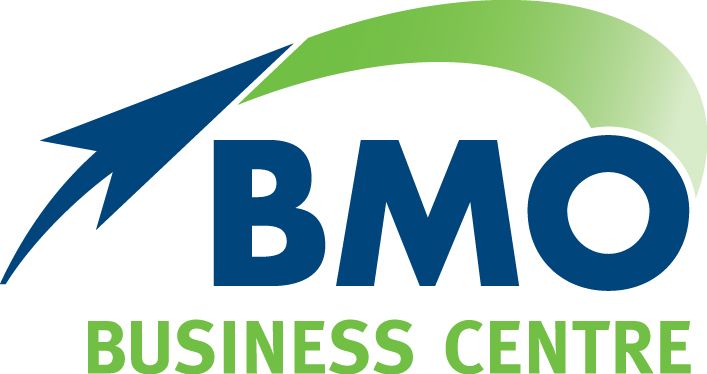Timing is Everything – When it comes to Tax
Book now to prepare your business for the end of the financial year
In April/May each year, BMO invites our business clients to participate in a tax update and year-end financial review. We are strongly urging all of our business clients (whether your business is big or small) to book in for this review.
Every situation is different, but the message is the same – timing is important. Whether you think your tax bill is going to be big or small, there’s a good chance that with some appropriate strategies (within the bounds of legislation), we can make the pain just a little less for you. But to do this, we need to see you before the end of June.
Who should book in?
- All businesses — big or small, including sole traders.
- Businesses that operate using a family trust — the review continues to be especially vital for anyone who operates using a family trust as the laws relating to family trusts require you to sign off on your income distributions before the end of June.
- Anyone considering purchasing new equipment, a vehicle or property purchase or sale in the next few months.
- Anyone over the age of 55 years with superannuation – to assist with advice on Transition to Retirement Income Stream Pension.
- Anyone interested in minimising their tax bill.
What will happen?
- Email us to confirm your interest in a Tax Update. Please note, it is important to register your interest by 10 April , so that we can schedule the review for completion by 30 June.
- Update your financials . If you use Banklink, please return your March coding reports as soon as possible. If you use another accounting software (eg. Quickbooks, Phoenix, MYOB), please send in your reconciled computer data up to 31 st March 2016 at your earliest convenience.
- Complete the questionnaire. We’ll provide you with a questionnaire (this can be via email or hard copy in the post) to complete to help us determine what is anticipated for your business from April–June so that we can best estimate your anticipated financial position at the end of June.
- Meet with us. We’ll go through the information from your financials and questionnaire to see where and how we can help reduce your 2015-16 tax bill. If you wish, we can use the opportunity to do a review with you to see if any other business or financial matters need attention — such as setting your budget for 2016-17 or ensuring you have the right arrangements in place for loans and finance, employees, insurance or your marketing program.
- Take action. We’ll give you a clear action plan on what you need to do before the end of June for your business.
What will it cost?
The review is part of our taxation planning service. Costs will vary depending on the complexity of your circumstances. The best way for you to reduce your costs is to make sure you provide us with the most up-to-date financials (up to the end of March) and with as much detail as possible on your questionnaire. Generally, we find that the tax savings we are able to achieve far outweigh the cost of conducting the planning.
BMO is proud to work alongside our clients ‘every step of the way’, offering a service that is more than just accounting.
A tax update is vital for any business, big or small; it’s a chance for you to take control and work towards a better tax situation for your business and your bottom line. It may just be one of the most important appointments you make this year.
If you are not currently a BMO client, don’t worry, we can arrange a complimentary introductory meeting so you can find out more about working with us.
The post Timing is Everything – When it comes to Tax appeared first on BMO Accountants.
Contact Us
BMO Dalby
By Mail:
PO Box 180
Dalby Qld 4405
In Person: 178 Drayton Street (access via Hogan Street)
Dalby Qld 4405
BMO Charleville
By Mail:
PO Box 198
Charleville Qld 4470
In Person: 58 Alfred Street
Charleville Old 4470
BMO Roma
By Mail: PO Box 300 Roma Qld 4455
In Person: 137 McDowall Street Roma Qld 4455
Office Hours:
Monday – Thursday 8am – 5pm and Friday 8am – 3pm
PH: 07 4662 3722
FAX: 07 4662 5975
Useful Links
Stay in Touch
Footer Contact Form
We will get back to you as soon as possible
Please try again later
Contact Us
BMO Dalby
By Mail: PO Box 180 Dalby Qld 4405
In Person: 178 Drayton Street (access via Hogan Street) Dalby
BMO Charleville
By Mail:
PO Box 198
Charleville Qld 4470
In Person: 58 Alfred Street
Charleville Old 4470
BMO Roma
By Mail: PO Box 300 Roma Qld 4455
In Person: 137 McDowall Street Roma Qld 4455
Office Hours: Monday – Thursday 8am – 5pm and Friday 8am – 3pm
PH:
07 4662 3722
FAX: 07 4662 5975
Footer Contact Form
We will get back to you as soon as possible
Please try again later
All Rights Reserved | BMO Dalby | Website design & development by Hey Marketing


